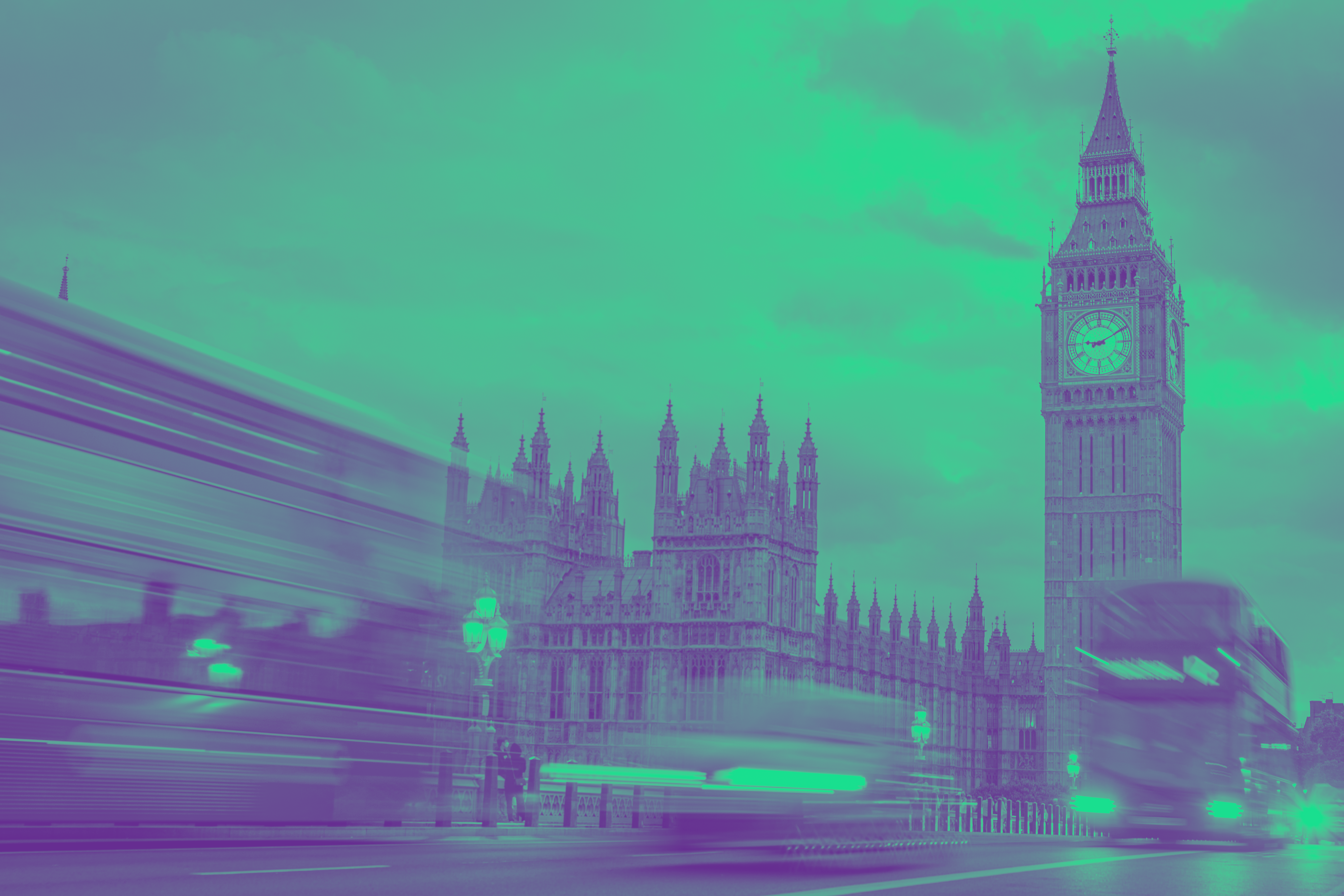As we close out the first week of the campaign and as baseball returns, it’s important we acknowledge that Canada’s speediest election in recent memory still has many innings left of play. But we all know it’s also not the contest we expected. There’s been no shortage of ink spilled on how much has changed since New Year’s Day, so I’ll dispense with it quickly: Justin Trudeau left, and Donald Trump showed up. Mark Carney seized that moment, and became, in the eyes of most Canadians, the man for it.
I do want to start talking about the state of the race by giving Pierre Poilievre a break (perhaps uncharacteristically). If we look at the precipitous shift in polling that’s dominated the public conversation thus far, it’s unfair to suggest the Conservatives have actually lost that much ground. The Tories hold a strong base of support (a bit under 40%) that would be envied by modern Conservative Leaders. They have only marginally shed voters in the last few weeks. And their voters continue to be among the most motivated, resolved, and spread across-age demographics.
What’s noteworthy isn’t a Conservative collapse; it’s the stunning Liberal resurgence. Since January 1st the Liberals have surged at least 20 points, at the expense of a New Democrat (NDP) collapse and modest drop for the Bloc. In several recent polls, more than half of 2021 NDP voters are now planning to vote Liberal. Progressive voters have rallied around Mark Carney with urgency. The most compelling growth in voters has occurred regionally in Central and Atlantic Canada and with women in all age demographics. Unless Jagmeet Singh’s NDP can get their national support figure above 10%, the Liberals are almost guaranteed to win this election.
The question becomes: can Pierre Poilievre do anything to change this dynamic? I do think the Conservative campaign is weak on one crucial point. They have yet to move off the playbook they built for a different moment; a front runner campaign focused on domestic issues and affordability measures largely targeted at their key voter demographics – men over the age of 55 or under the age of 35. There is very little that could be described as bold or daring in these announcements, and they certainly aren’t capturing the attention of a nation riddled with existential anxiety.
I wouldn’t say Mark Carney is being particularly daring right now either, but he doesn’t have to. He is the front-runner now. Poilievre needs to start introducing more radical ideas that capture the imagination of the voter and meet the mood of this moment. Canadians care about Trump, tariffs, and then everything else, in that order, and they see Carney as the candidate to address these issues. If Poilievre can’t get himself into this conversation, the reality is he will lose this election with a near identical result as the last two Conservative leaders, but when the Liberals capture a majority and the NDP lose party status, it will look and feel historically worse.
In terms of the week ahead. Start watching for the mood of Quebec voters to dominate the conversation. The question for the Liberals is whether or not Carney can hold on to his popularity in Quebec, particularly as he is further tested in the language and on the issues. Should Quebec break away from the Liberals and towards the Bloc, the race will be shaken to the core – giving every other party a new path forward.



